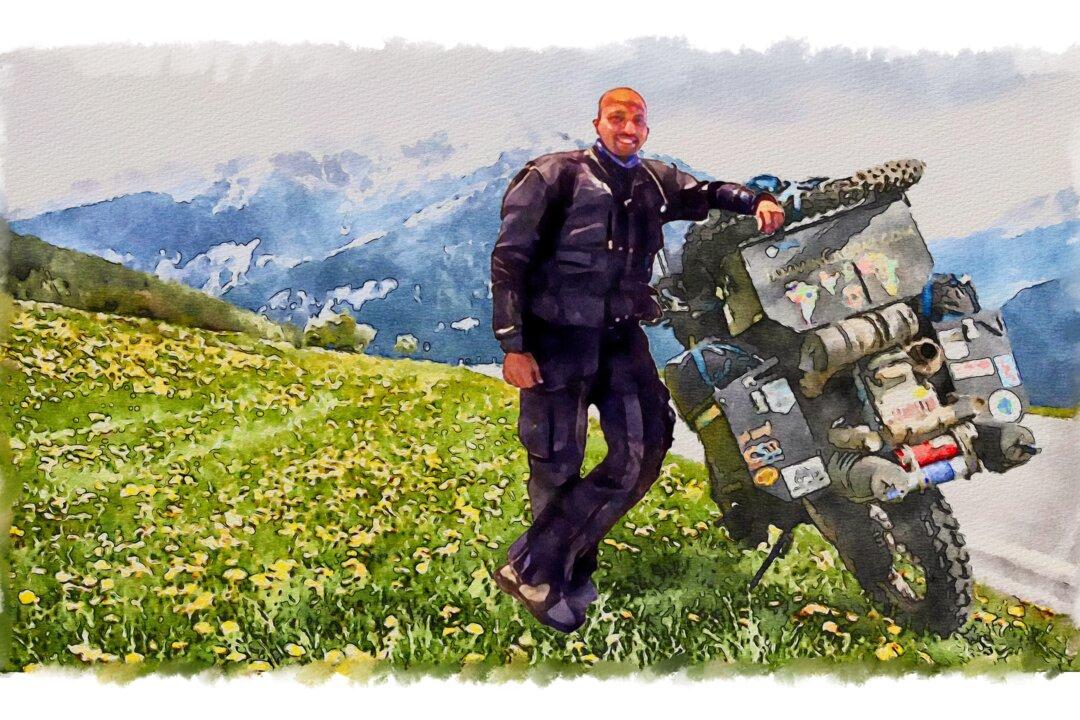In the Declaration of Independence, Thomas Jefferson penned one of the most revolutionary sentences ever written: “We hold these truths to be self-evident, that all men are created equal, that they are endowed by their Creator with certain unalienable Rights, that among these are Life, Liberty and the pursuit of Happiness.”
These words fly in the face of human history, with its dismal litany of tyrants and emperors, masters, and slaves. Today, we consider Jefferson’s pronouncement a given, like some axiom in geometry, which is in fact how he framed it. If asked, however, could we explain what he meant by “the pursuit of happiness?”






